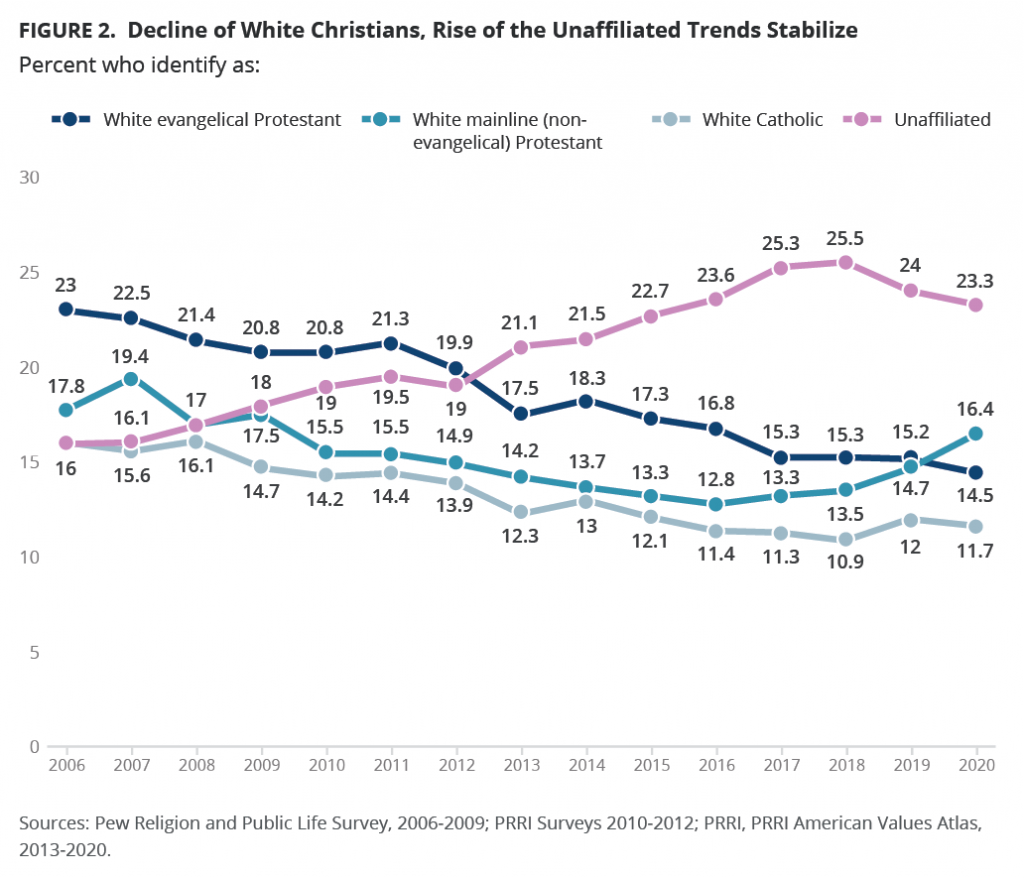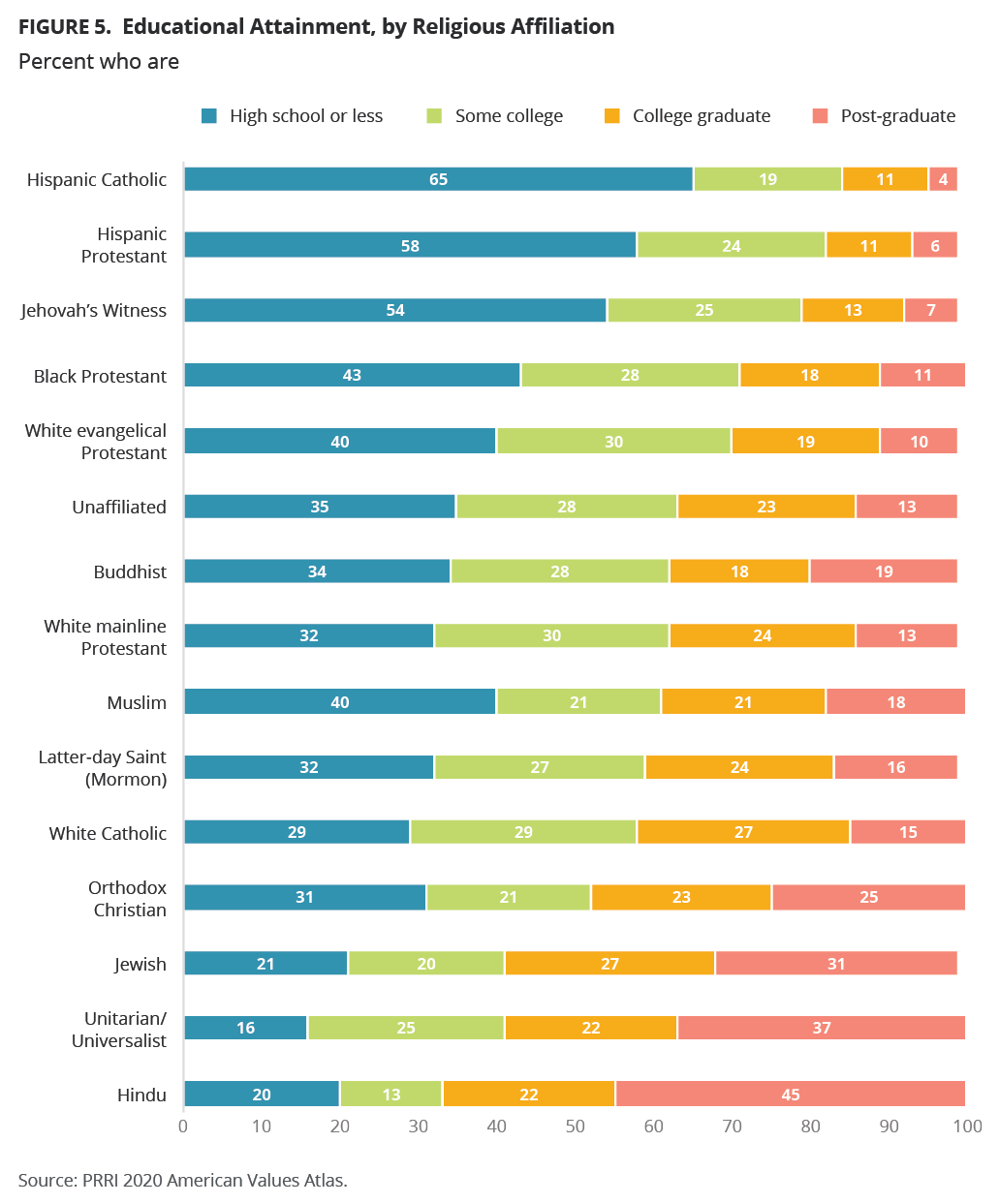
Nero: Emperor and Court by John F. Drinkwater
My rating: 3 of 5 stars
This book gets an overall three-star rating, which itself is a complex of three subratings and some downward rounding. (I was probably at 3.5 stars overall, but with every full review here on Goodreads going 5 stars and the total of all ratings at 4.5? Nope. Needed some evening out.)
Update: This is why StoryGraph's fractional star ratings are good.
As promised in my review, I said I would address some parts of my review in more detail, as it was more than long enough for a Goodreads review as is. Per the header?
First, I give an easy 5 stars on his discussion of the Principate and imperial administration in the whole latter half of the Julio-Claudian dynasty.
Second, what was actually part three of the review?
Part three is 3 1/2 stars.
I agree with much of Drinkwater’s revisionist history (which is not sui generis by any means on Nero but is part of a trend).
At
some point, however, Drinkwater’s revisionist history becomes apologetics. In
this, it becomes so after the Great Fire, and especially after the
Pisonian conspiracy.
Second in the review and the subject of the header? Something of close intellectual interest to me? Nero, the Great Fire, Tacitus’ chapter in the Annals, and just who may have been persecuted, or not. Drinkwater gets 3 stars here, and that may be generous. I agree with Drinkwater that the fire was an accident. I agree that Tacitus seems to have seen it that way. I disagree on who, if anybody, was scapegoated.
First, I had initial email discussions about this with Drinkwater after I got the book on interlibrary loan but before I started reading. It was clear then that we would disagree on some things, but I found more to disagree with after getting into the appropriate section of the book.
First, Drinkwater claims, riffing on the book of Acts, that “Christians” were first called such NOT at Antioch, but at Rome at this time. I strongly disagree, first on grounds that there probably were no more than 600 Christians in Rome at this time (Drinkwater seems to be in the general ballpark on numbers HE postulates, and offered no real argument when I mentioned this in an email) and so, out of a population of 600,000 could not even have been on Nero’s radar screen, and second on grounds that Christians weren’t separated from Jews at the time enough to be separately identified. Beyond that, he’s making an argument from silence, and not a good one, IMO, and he knows that it's an argument from silence, whether he thinks it's a justifiable one or not. I don’t accept that from Christian mythicists and I don’t accept it from him. Ergo, in 64 CE, there WERE NO "Christians" to be singled out by label.
Given what Tacitus writes, the word he uses for “Christ” being an itacism in Greek, and other things, plus what I mention above? There are two options besides Christians being persecuted. One is that Messianic Jewish rebels were blamed …. “a certain ChrEEstos” χρηστός (the itacism for Christos Χριστός) being “HaMosiach,” or Jewish Messianic rebels. Suetonius claims Claudius booted Jews because of this same person (CHREStus was also a name adopted by freedmen), and I find it laughable that, if there’s truth behind that, that Suetonius is referring to Christians, though Drinkwater appears to think he was. See paragraph above. (That said, the CHREStus name's backstory could be connected to the itacism by Suetonuis and Tacitus being deliberate. Under this idea of mine, they would be saying: "Look at these idiotic, disgusting Christians, making a god out of a freedman!")
There's yet more to suggest this first option is more likely than actual Christians.
First, beyond the likelihood that Christians were only 1/10 of a percent of Rome’s population at the time Jews were probably around 3-5 percent.
Second, both Josephus and Acts discuss Messianic pretenders at this general time. The Great Fire was two years after James was lynched by Ananus the High Priest, and just two years before the start of the Jewish Revolt.
Third, Suetonius claims Claudius booted the Jews from Rome, probably about 12-15 years earlier, if it happened. AND, he too uses the itacism CHREStos, which gets back to what I say Tacitus, that was writing about Jewish Messianic disturbances; Drinkwater still thinks they were Christians.
Fourth? Drinkwater argues for Tacitus' religious knowledge and scholarship. Sure, he knew Roman religion, both the Olympians and other things like the Vestals, household gods, etc. He knew his Greek religion. How well did he know Judaism? And, given that his "knowledge" of Christianity is largely the repetition of scurrilous rumor, his actual knowledge was probably almost nonexistent.
The second option more likely to me than actual Christians is that Tacitus is repeating another scurrilous story, like the ones he repeats about Christians in his own time, and figures he can “bank shot” a smear of Christians and a smear of Nero for his barbaric ALLEGED executions making them look sympathetic all at once. (Remember, if there was no separate identification of Christians, there was no execution of them as such.)
Really, there's several issues going on here.
I’m not absolutely sure of Drinkwater’s take on all of them, though between the book and the exchange of several emails, I think I’ve got pretty good guesses, and I offer a mix of summary of the above and expansion of some areas.
1. Did Tacitus think the fire was arson or accident?
2. Regardless of what he thought, did he see this as a tool to scapegoat Nero, Christians or both?
3. Did Tacitus (and Suetonius, with his claim Claudius expelled the Jews due to instigation of CHRESTus) really understand Judaism in general that much, let alone Messianic strains, let alone Xianity to the degree it was starting to separate by the time Tacitus and Suetonius wrote?
4. What actually happened, both on fire and scapegoating?
5. COULD there have been enough Xns to be on Nero’s radar screen AS CHRISTIANS to even have been scapegoated?
Drinkwater and I will disagree a fair amount on some of this. Let’s dig in.
1. I am not sure, but I think Drinkwater thinks Tacitus may have thought it was. I think he considered it plausible, I’ll put it that way.
2. I say yes to both. It’s funny, because Tacitus was “pulling the ladder up” 2,000 years ago, elevated to senatorial class by the Flavians. What if Nero had lived and had done that himself? On the second, yes, I think both he and Suetonius were projecting backward the rumors they heard about Xns in their own day, such as “ritual cannibalism” (the Euchariast) wrapped inside an orgy (the larger agape feast.) More on Tacitus: If you read the Annuals, ch 45 after the famous ch 44 in book 15, it’s clear that he thinks Xns were reprehensible but Nero even more so in how savagely he treated them.
3. Drinkwater explicitly, in exchange of emails, cites Tacitus as a religious scholar. Maybe of Roman religion. And certain aspects of Greek religion. Of Judaism, or Greek, or larger Hellenistic/eastern Mediterranean popular religion? Color me skeptical. The CHRESTus / ChristOS itacism is one reason why. Roman religion had little to do with anointing. That was more common in Greek religion, which is why Latin doesn’t even have the word commonly used. Yes, “unctus” leads to “Extreme Unction,” but seriously, that just wasn’t a word of use in Classical Latin. That relates to CHRESTus being a name taken by freedmen, but not Unctus.
In addition, Tacitus has been accused of bias against Eastern religions.
Related? Many scholars talk about Tacitus’ careful investigation. But, his large-scale copying from Pliny the Elder for his own Germania without ever crossing the borders, and without even updating Pliny’s political descriptions, puts paid to that. No less than Syme notes this. His repetition of ethnographic stereotypes (shades of Hume!) in the Germania also raises issues.
4. What actually happened? Drinkwater and I agree on the fire being accidental. We agree that Tacitus claims Nero scapegoated Xns. We disagree on who, if anybody, Nero actually DID scapegoat. Now we’re at point 5.
5. First, I reject Drinkwater’s claim of the first use of “Christians.” I listed most of this above, but here's more. If Jews were 3-5 percent of the population of Rome, and that may be mildly conservative, enough of THEM might have been riled up (witness the Jewish quarter of Alexandria, the Kitos War and other things) it could have been an issue.
So, without starting the Fire, could riotous Jews have been blamed by Nero? Yes. Could Tacitus, through a mix of anti-Xn stance and ignorance of Judaism, piggybacked on this? Yes. Is this guaranteed to be what happened? Not at all. There may have been no disturbances.
See option two above.
Then, there's the issue of whether or not Tacitus wrote this.
Drinkwater rejects that it's an interpolation, but the case isn't ironclad. A religions wiki notes the problems: Not cited by Tertullian, who otherwise regularly cites Tacitus. Apparently not cited by Celsus, as Origen doesn’t fire back at any such thing. Not cited by Clement of Alexandria or Eusebius, the first two compilers of pagan stories about Christianity. Sulpicius Severus, ca 400 CE, appears to be the first Christian to write about it, but his account is hugely suspect. It also notes, contra Drinkwater, Tacitus’ overestimation of the numbers of Christians in this time. And, it states that death by burning wasn't a Roman punishment at this time. (I hadn't heard of claims that it was an interpolation before reading a review of this and other recent Nero revisionism, but ... it's plausible. I have more in a separate post.)
Brent Shaw, in an academic journal, extracted and summarized here by Charles Mercier, has the details on the possibility this is an interpolation. (Mercier then has a Part 2,
which frames Catholic touting of Neronian martyrs within Reformation
hagiography.) Shaw, per Mercier's Part 1, doesn't totally agree with the
Religion Wiki take on why this is possibly an interpolation.
No, finally finally a second side note. Drinkwater’s an academic historian, yet uses “AD” rather than “CE” (and when needed, “BC” rather than “BCE.” I had noted it earlier, but given how wrong I think he is about Xns and the Great Fire, it may just have been the tipping point down to a third star, inasmuch as I now wonder if it’s something related to his thoughts on Tacitus. OTOH, Adrian Goldsworthy does the same; maybe it’s imperial hubris of older British historians?
(Update: Per my review of a Melvin Goodman book, this isn't the only bit of suspiciousness from Sulpicius Severus, either.)
View all my reviews






